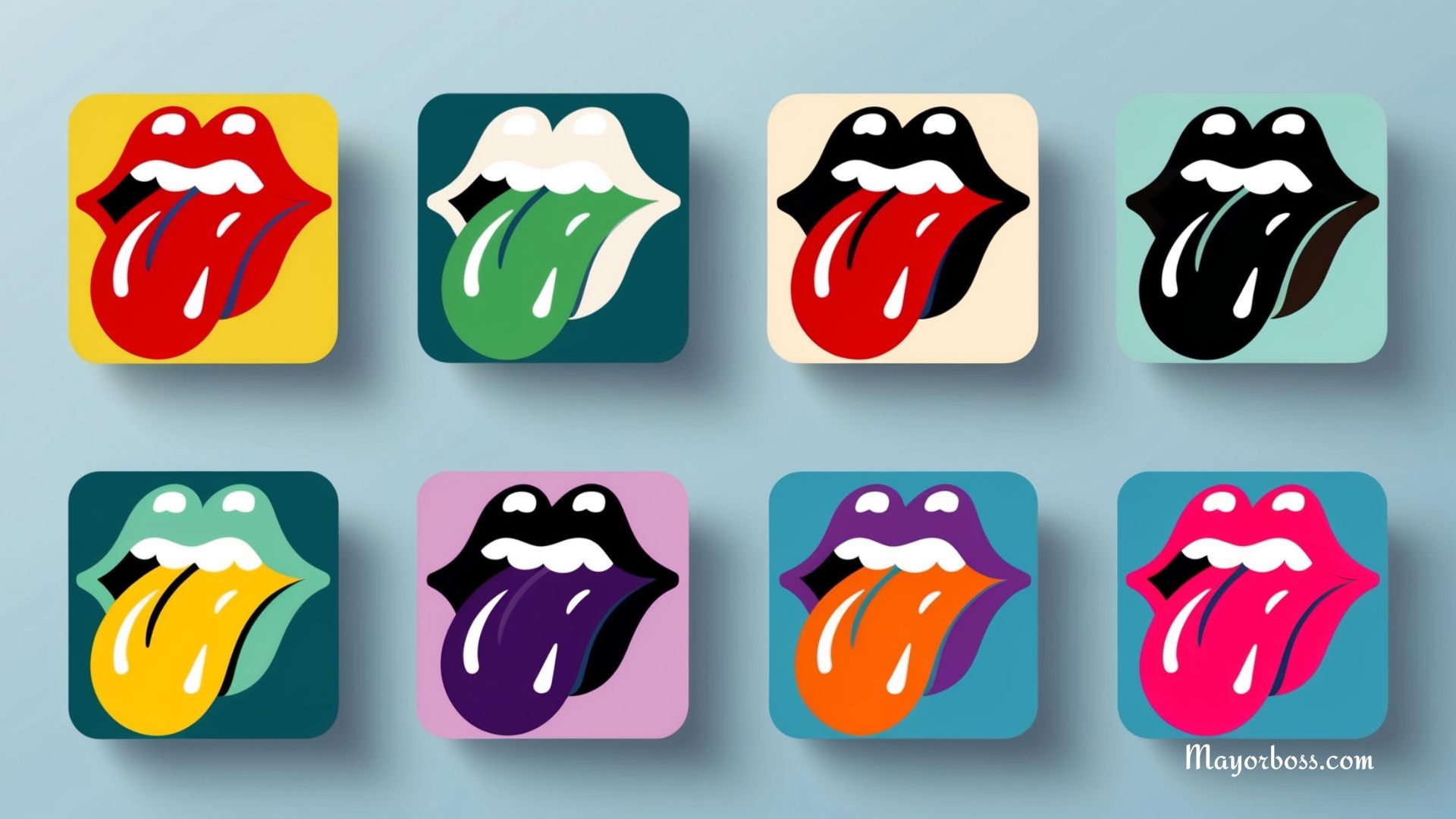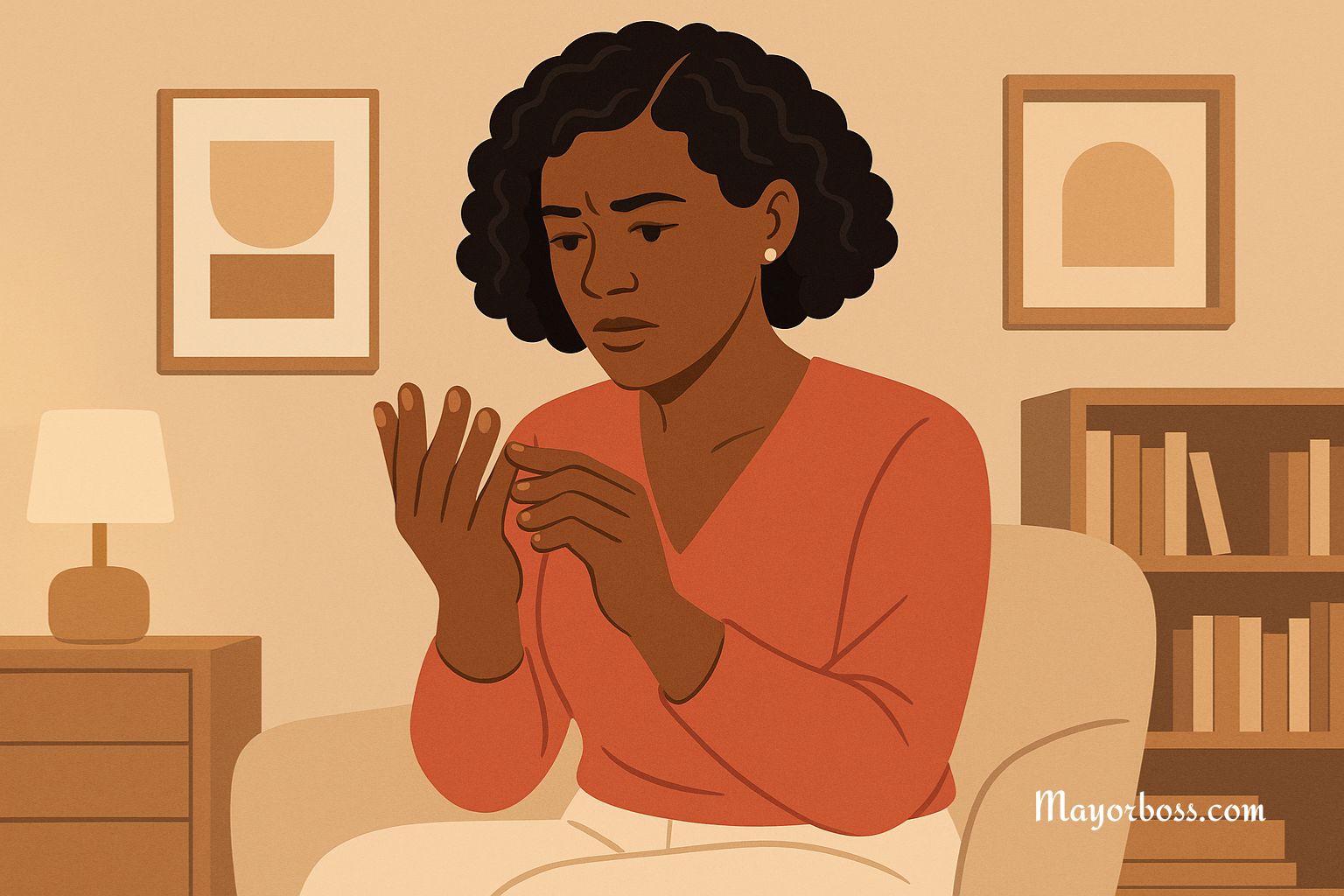Can You Really Be Hooked on Sugar? The Truth About Sugar Addiction
You might have heard people say they’re “addicted” to sugar, but is that even possible? While sugar doesn’t make you physically dependent like some drugs, it can trigger your brain’s reward system, making you crave it more. This article explores the science behind sugar’s effects on the brain and body and how it can feel like an addiction for some people.
What Happens in Your Brain When You Eat Sugar?
When you eat something sugary, your brain releases a chemical called dopamine. This is the same chemical that makes you feel good when you do something enjoyable, like hanging out with friends or winning a game. So yes, eating sugar can make you feel really good in the moment.
Moreover, your brain is wired to remember things that make you feel good. Consequently, the next time you see or smell something sweet, your brain tells you to go for it. This is how cravings start.

Is Sugar Actually Addictive?
According to some experts, sugar can be likened to addictive substances in how it impacts your brain. However, it’s crucial to note that sugar doesn’t create a physical dependence in the way that substances like nicotine or alcohol do. This means that you won’t experience withdrawal symptoms if you stop consuming sugar.
Still, you might find it hard to quit because your brain enjoys the dopamine rush. So, while you may not be “addicted” in the traditional sense, it’s easy to develop a strong habit of reaching for sugary treats.
How Does Sugar Affect Your Body?
When you eat a lot of sugar, your body has to work extra hard to process it. Over time, this can lead to problems like weight gain and type 2 diabetes. The issue starts with insulin, a hormone that helps your cells absorb sugar. If you consistently eat too much sugar, your cells might start ignoring insulin. This is a condition known as insulin resistance, and it’s a major risk factor for diabetes.
Additionally, high sugar consumption can cause inflammation in your body. Inflammation is linked to all sorts of health problems, from heart disease to cancer. So it’s not just your waistline you should be worried about.
Tips to Control Sugar Cravings
If you find yourself constantly reaching for sugary snacks, there are ways to break the cycle:
Choose Natural Sugars
Foods like apples, bananas, sweet potatoes, honey, dates, and oranges contain natural sugars along with fiber and nutrients. So, they’re a better choice than a candy bar.
Stay Active
Exercise can also release dopamine, so you can get that “feel good” sensation without eating sugar.
Be Mindful of Hidden Sugars
Always read food labels. You’d be surprised how many processed foods, even the savory ones, contain added sugar.
Plan Your Meals
When you’re hungry, you’re more likely to grab something quick and unhealthy. Planning your meals in advance can help you make better choices.
Frequently Asked Questions About Sugar and Its Addictive Nature
Is Sugar Really Addictive?
Yes. While sugar doesn’t cause physical addiction like some substances, it can trigger your brain’s reward system, causing cravings and emotional dependency. So, you may not be “hooked” in the medical sense, but you can certainly feel like you can’t live without it.
What Happens to My Body If I Eat Too Much Sugar?
Consuming too much sugar regularly can lead to various health issues. Your body may develop insulin resistance, which increases your risk of type 2 diabetes. Also, high sugar intake can result in inflammation linked to heart disease, cancer, and other severe conditions. Essentially, it’s not just about gaining weight; there are more serious health implications.
Are Natural Sugars Better for Me?
Natural sugars found in fruits come with fiber, vitamins, and other nutrients, making them a better option than processed sugars. However, it’s essential to note that sugar is still sugar, and excessive consumption of natural sugars can also have negative impacts on your health. So moderation is key.
How Can I Control My Sugar Cravings?
To curb your cravings, opt for healthier alternatives like fruits. Exercise is another excellent way to release dopamine, giving you a “feel-good” sensation without the sugar. Being mindful of hidden sugars in processed foods and planning your meals can also help you make better choices.
Does Quitting Sugar Lead to Withdrawal Symptoms?
No, quitting sugar doesn’t lead to physical withdrawal symptoms as you’d experience with substances like alcohol or nicotine. However, you might feel emotional or psychological withdrawal, such as mood swings or cravings, as your brain misses the dopamine highs.
Remember, while quitting sugar may be challenging due to its impact on your brain’s reward system, it’s entirely possible and beneficial for your long-term health.
Further Reading: How Can I Stop Eating Too Much Sugar?






